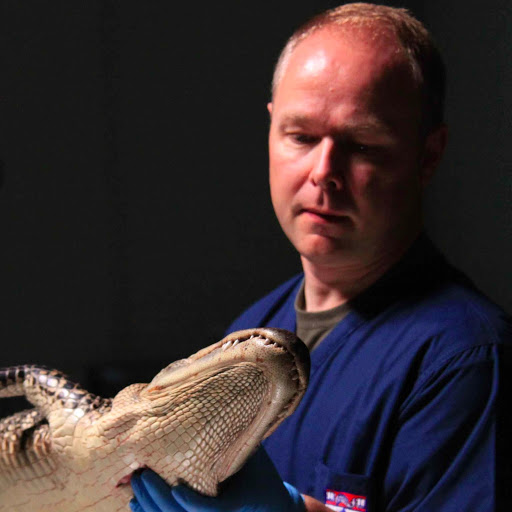Members of the Biology Society recently visited the Rutherford Appleton Laboratories, where they enjoyed an engaging talk on palaeontology from Professor Phil Manning
Many thanks to Tom Meeson, Lower 6 member of the Biology Society, who provided the report below:
The Biology Society’went to’a lecture at Rutherford Appleton Laboratories (RAL) on’the evening of’Thursday 25th September,’not knowing what to expect. It is safe to say we came away knowing a lot more. We were treated to an engaging talk by Professor Phil Manning from the University of Manchester on a subject that many knew very little about, palaeontology. Professor Manning first grabbed our attention with the subject of dinosaurs, describing the daunting conditions the team face when they’re out in Hell Creek in South Dakota, USA.
After spending some time going through the team’s general procedure, Professor Manning brought us into the main heart of his talk, the Cayman Islands. Much emphasis was placed on how difficult it was to work in one of the most beautiful places on the planet, but also on the islands’ wealth of fossils. The Cayman Islands are unique in their formation and their fossils, in that natural death traps are found throughout the islands in the form of caves, which have never been disturbed by humans. Much time was spent ingraining the idea that these fossils are extremely important, as they allow for us to study how the ecology of the island has changed over time. Perhaps most importantly is that these fossils may be able to help us to discover whether or not species have become extinct. At this moment the team from Manchester University are trying to determine whether a species giant shrew they thought long dead has managed to survive without us noticing. Without the fossils it is likely that we would never have discovered their existence.
Professor Manning then made his final plea. The caves are under threat from companies who want to develop the area into more of a tourist zone. Normally, tourism development is good for the economy but, in the process, the companies are destroying the caves and their fossils. The Cayman Islands are a British territory, so we are able to affect what happens there and can restrict tourism development, thereby saving valuable environments that are shrinking in size and number around the world.
All in all the talk was incredibly informative and a great opening for the Biology Society, setting a high standard for the rest of the year.


